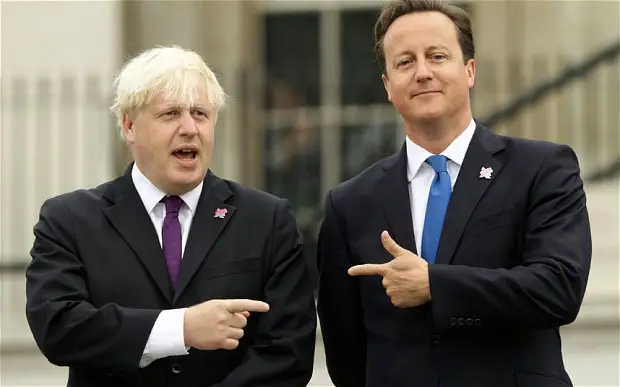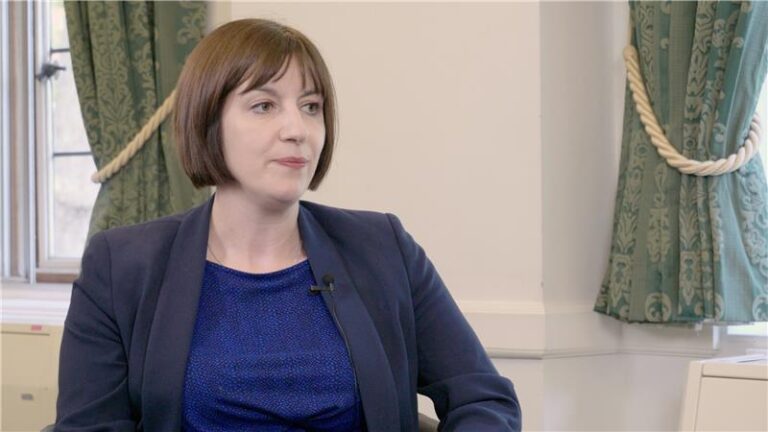It has been a busy few days for Mayor Boris Johnson. He has had a very public row with Chancellor George Osborne, penned a thought provoking article on radicalisation for The Telegraph, and given evidence to the Commons Communities Select Committee on the subject of fiscal devolution for the capital (for fans of fiscal devolution – and who isn’t? – my previous blog post on the Mayor’s plans to control London’s property taxes can be read here).
But far and away the biggest bombshell in London politics so far this year took place during a phone in on LBC on Monday in which the Mayor ruled out returning to Parliament as an MP in the 2015 General Election. This decision reduces the number of ‘what if’ political scenarios surrounding next year’s election and is the clearest signal yet that senior Conservatives are increasingly confident of victory (or, at least, being the largest party in the Commons) in May next year.
It has always been assumed that Boris’ main motivation for returning would be to stand in the leadership contest that would inevitably result from a Conservative defeat. Therefore, the ‘worst case scenario’ for the Mayor has always been that he might re-enter the Commons only for the Conservatives to win the election and Cameron to remain as leader, thus leaving Boris to sulk on the backbenches or serve in some Cabinet backwater. (For all his many political talents, Boris’s short attention span and love of mischief are not well suited to the requirements of collective responsibility). By re-entering Parliament ahead of completing his full term as Mayor in 2016 would also mean that Boris had effectively burnt his bridges with the London electorate, making it impossible to credibly stand for a third term as Mayor of London.
Of course, a pedantic observer might note that the Mayor has only ruled out a return on Thursday 7 May 2015. That leaves 51 other Thursdays (elections and by-elections in the UK always being held on a Thursday) on which he could re-enter the Commons during 2015. Given that Conservative Party leadership contests nowadays take months to complete, Boris could theoretically wait to see the outcome of the General Election before throwing his hat into the ring. However, he would still have to move quickly to engineer a return via a staged by-election in a safe Conservative seat, provided the sitting Tory MP could be persuaded to stand down just weeks after being re-elected. Also, under the rules governing by-elections it would fall to David Cameron (as leader of the party that holds the seat in question) to decide how quickly to move the writ that determines when a by-election would take place. And that is before we even factor in how notoriously unpredictable UK by-elections can be. (After all, a serving Conservative Government has not successfully defended a single seat in a by-election since 1989).
During his appearance on LBC the Mayor indicated that one of his reasons for ruling out a Commons return at the election was that he simply enjoyed being Mayor too much. Indeed, this may be the Mayor’s Plan B – if there is no vacancy as Party Leader and aspiring Prime Minister coming up in the near future, why not try for a third term as Mayor. Certainly Boris is the Conservatives’ best hope for retaining City Hall in 2016. And the completion of that third term in 2020 would coincide neatly with the following General Election and possibly even Cameron’s own decision to stand aside, thus sidestepping all of the issues that have complicated and frustrated his decision this time around.
Has the Great Boris Leadership Bid been cancelled, or merely delayed? Only time will tell…..

Photo: Yui Mok/PA






